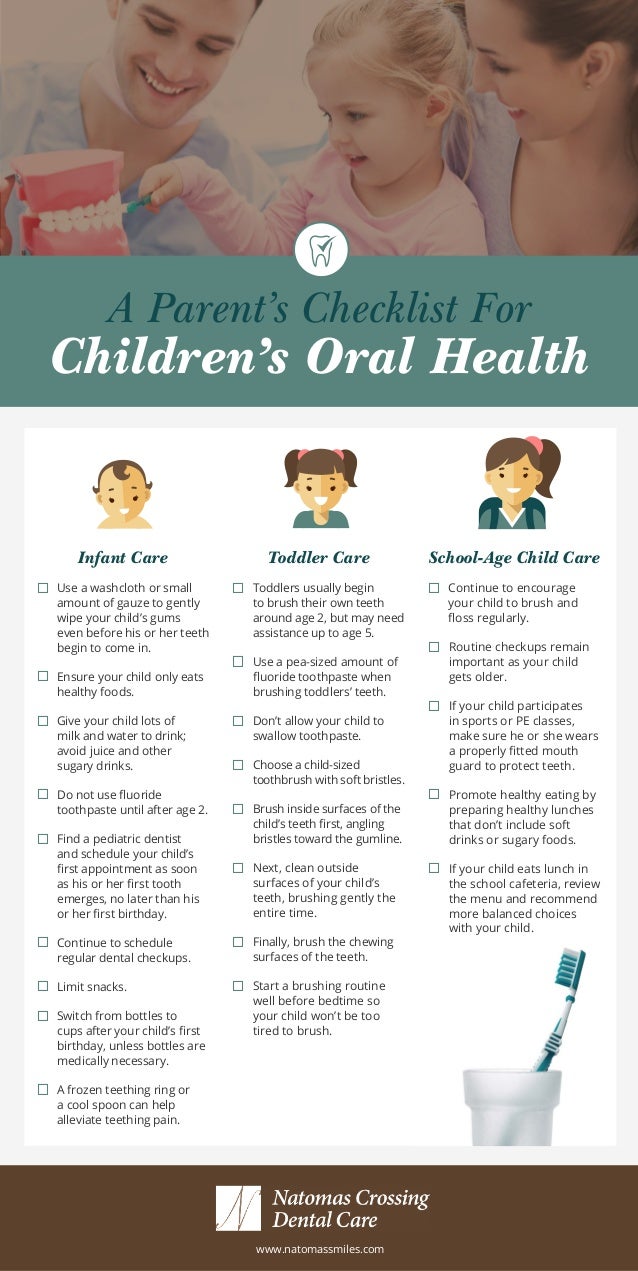Oral health is integral to overall health, with a robust dental care regimen safeguarding teeth and gums, thereby warding off diseases. This proactive approach to dental hygiene fortifies oral structures and acts as a bulwark against systemic conditions, illustrating the interconnectedness of oral well-being and the body’s general health.
This guide aims to provide a comprehensive overview of the foundational practices in dental care.
Understanding the Importance of Oral Health
Oral health reflects broader health issues, serving as a barometer for potential systemic conditions. Neglecting oral hygiene can lead to complications in the mouth and throughout the body, emphasizing the need for consistent care. Moreover, for those seeking aesthetic enhancements in conjunction with dental health, it is best to explore Juvederm solutions and other related treatments that can offer dual benefits.
These solutions can address cosmetic concerns, improve the overall appearance of the mouth and facial area, and work in harmony with routine dental practices to boost health and confidence.
 A Parent’s Checklist For Children’s Oral Health
A Parent’s Checklist For Children’s Oral Health this resource was contributed by Natomas Crossing Dental Care, a provider of
Invisalign treatment in Sacramento
Regular Dental Check-Ups: The First Line of Defense
Consistent dental check-ups are crucial for maintaining oral health and preventing many dental conditions. These appointments allow dentists to detect and address issues like cavities, gum disease, and early signs of oral cancer before they escalate.
Furthermore, professional cleanings during these visits can eliminate plaque and tartar buildup, areas often missed by daily brushing and flossing. This proactive approach to dental care can help preserve the health and longevity of the teeth and serve as a preventative measure against more serious dental and systemic health issues.
The Art of Brushing and Flossing
Proper brushing and flossing are the cornerstones of good oral hygiene. Brushing twice daily with fluoride toothpaste and flossing at least once daily can significantly reduce the risk of dental problems. It’s essential to use the correct technique when brushing and flossing to remove as much plaque and food debris as possible.
Some tips to consider include:
- Brushing: Use a soft-bristled brush to reach all surfaces of each tooth, employing gentle, circular motions. Don’t forget to brush the tongue, as it can harbor bacteria.
- Flossing: Flossing reaches areas between the teeth and under the gumline that a toothbrush can’t. Use a clean segment of floss for each tooth to avoid transferring bacteria.
Diet and Oral Health
The direct link between diet and oral health is undeniable. Consuming excessive sugary and acidic items can significantly weaken tooth enamel, paving the way for cavities and decay. Conversely, a balanced diet abundant in fruits, vegetables, lean proteins, and whole grains can bolster overall well-being and is fundamental for maintaining robust teeth and resilient gums. Making mindful food choices is a proactive step towards ensuring long-term dental health and preventing oral diseases.
Fluoride: A Key Ally in Tooth Decay Prevention
Fluoride is instrumental in the battle against tooth decay, serving as a fortifier for tooth enamel against the erosive effects of acidic substances and plaque bacteria. Regularly using fluoride-enriched toothpaste and consuming fluoridated water forms a protective barrier around teeth, significantly lowering the risk of cavities and tooth decay. This mineral is a cornerstone of dental health, providing an essential defense mechanism for maintaining strong and healthy teeth.
The Impact of Lifestyle Choices on Oral Health
Lifestyle habits such as smoking and excessive alcohol intake are detrimental to oral health, contributing significantly to conditions like gum disease and oral cancer. The act of smoking, in particular, stands out as a primary risk factor, exacerbating oral health issues and complicating dental treatments.
Embracing a healthier lifestyle by reducing or eliminating these habits is critical in preserving the integrity of one’s oral health and ensuring the longevity of dental well-being.
Understanding the Role of Dental Appliances
Dental appliances, including braces and mouthguards, are tailored solutions for specific oral health challenges like misalignment or bruxism. These custom-fitted devices, recommended by dental professionals, play a pivotal role in correcting dental irregularities and safeguarding teeth from potential damage. Their use can help address immediate dental concerns and also contribute to the overarching goal of achieving and maintaining optimal oral health.
Pediatric Dental Care: Starting Early
Early dental care is fundamental in laying a solid foundation for a lifetime of oral health. Fostering healthy dental habits from a young age and regular pediatric dental visits can prevent common dental issues and instill a positive attitude towards oral hygiene.
Initiating dental check-ups by the time the first tooth emerges or by a child’s first birthday ensures that any potential dental concerns are addressed promptly, setting the stage for healthy dental development.
Conclusion
Building a strong foundation for oral health is an endeavor that involves regular dental check-ups, meticulous at-home care, and mindful lifestyle choices. By adhering to these principles, individuals can ensure the health and longevity of their teeth and gums, contributing to their overall well-being. Remember, oral health is a critical component of a healthy lifestyle, and taking proactive steps to maintain it can have far-reaching benefits.
At The Mom Kind, we are dedicated to empowering autistic individuals and their families with resources, support, and advocacy. Your donation helps us continue to provide valuable content, programs, and outreach that make a difference in the lives of neurodiverse families. Together, we can raise awareness, create understanding, and build a more inclusive world.
Donate today to support our mission and help us keep making an impact. Every contribution counts, no matter how small!
Donate Now
 A Parent’s Checklist For Children’s Oral Health this resource was contributed by Natomas Crossing Dental Care, a provider of Invisalign treatment in Sacramento
A Parent’s Checklist For Children’s Oral Health this resource was contributed by Natomas Crossing Dental Care, a provider of Invisalign treatment in Sacramento 


